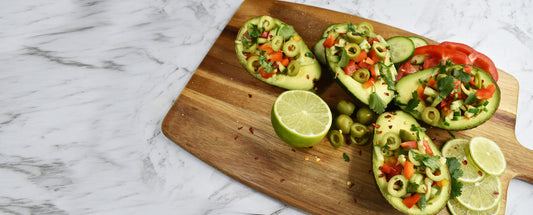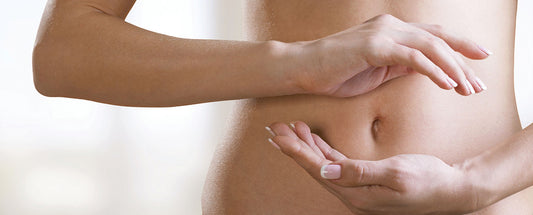
Eating healthy when you’re pregnant
share
With a baby on the way and future lifestyle changes arising, every mother to be can be confused about what dietary changes they should make for themselves and their growing baby. One thing to remember is the health of your baby is going to be directly associated to the food that you put into your mouth. If you eat well it will have a direct positive influence on the nutrient supply to the baby.
So what is eating right?
Women cannot provide essential nutrients for their child if they are deficient themselves. There are many factors which may influence the mother’s nutritional status during her pregnancy before conception and her health during pregnancy.
During pregnancy your body needs more nutrition
During pregnancy your body has an increase of nutritional needs; you require more macronutrients such as calories from proteins, and micronutrients such as calcium, folate, iodine and iron.
To ensure that you are obtaining the necessary nutritional needs, you need to enjoy a variety of foods from the five food groups. This will also ensure that you are obtaining the necessary macro and micronutrients required by you and your baby.
Vegetables –Vegetables are not only a great source of fibre, protein and Iron but a source of Folate which can be found in asparagus, spinach and broccoli. Folate is a B vitamin found naturally in green leafy vegetables, fruit and legumes. When this vitamin is added to food or used in dietary supplements, it is known as folic acid. Folate is recommended during pregnancy to reduce the risk of neural tube defects in babies. Consume 3-4 servings a day of a variety of different types of fresh vegetables.
Fruit – consume at least 2 servings a day. Fresh fruit is not only a great source of antioxidants and vitamin C, it is also a great way to satisfy your sweet craving. Fruits such as strawberries are naturally high in essential pregnancy nutrients such as folate - hence food cravings are often good indictors of what our body may need!
Grains- Not only are grains a good source of fibre during pregnancy, grains are packed full with nutrients like iron, selenium, and magnesium. They’re also a good source of the B vitamins such as B1, B2, folic acid, and niacin. You just need to be mindful of any gluten content, if this is an issue.
Lean meats, poultry and fish -This particular food group is a great source of protein which is needed to aid with healthy foetal development by providing the basic building necessary for the formation of enzymes, antibodies, collagen and muscle. Lean meats and poultry provide a great source of Iron. The need for Iron in your diet significantly increases during the second and third trimester of pregnancy. At this time the amount of blood in your body increases to meet the needs of your placenta and the growing baby.
Fish is a great source of Omega 3. Omega 3 aids in the optimal formation of the brain and eyes. To ensure you get enough Omega-3 in your daily diet during your pregnancy include two to three oily fish meals per week such as salmon, sardines and mackerel.
Try and eat two servings of legumes a week and at least 2 servings of red meat and 2 servings of white meat a week.
Dairy – Milk, yoghurt and cheese are all great sources of calcium. Calcium is needed to aid in building healthy bones. It is especially more essential throughout the third trimester of pregnancy. Calcium during pregnancy can be absorbed efficiently from your diet, so your growing baby’s needs are met. The recommended dietary intake for calcium during pregnancy and breastfeeding is 1000mg per day.
The recommend dietary intake of calcium can be provided by 3 to 4 serves of dairy foods each day. One serve is equal to:
- A glass of Full cream milk (250mL)
- A tub of Full cream yoghurt (200g)
- 2 slices of cheese (40g)
The health of your baby is directly related to the food you eat
As a future mother, ensuring that you are consuming a nutrient rich diet is just as important to you as it is to your baby. When you consider the principle that ‘you are what you eat’ it’s quite easy to see that the health of your baby is going to be directly connected to the food that you put into your mouth. Remember fresh is best and to ensure you are including food products from the five food groups in your diet.
share
Stay Informed. Feel Your Best.
Get expert tips and actionable health advice. Be the first to hear about Caruso's product launches and receive exclusive promotional offers.
Join our newsletter today.



